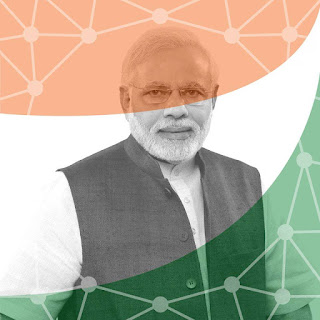 Pakistan, Zimbabwe and Russia have been making headlines lately, and the
news isn’t good. These three countries have all passed or are in the
process of drafting legislation that will only threaten free speech and
privacy online. Below are three recent pieces of cyber legislation along
with contact information should you choose to express your concerns.
Pakistan, Zimbabwe and Russia have been making headlines lately, and the
news isn’t good. These three countries have all passed or are in the
process of drafting legislation that will only threaten free speech and
privacy online. Below are three recent pieces of cyber legislation along
with contact information should you choose to express your concerns.Pakistan – Prevention of Electronic Crimes Bill (PECB)
Pakistan’s National Assembly recently approved a Prevention of Electronic Crimes Bill (PECB), which has been criticized for poorly protecting sensitive data, using vague language that ultimately infringes upon free speech and instilling harsh penalties. Although passed, the legislation has yet to be implemented.
Contact the National Assembly of Pakistan - assembly@na.gov.pk
Zimbabwe – Computer Crime and Cyber Crime Bill
Zimbabwe is in the process of drafting a Computer Crime and Cyber Crime Bill aimed at limiting unwanted social media use, including that used “to instigate violence, banditry, sabotage and general instability”. Furthermore, the legislation would allow police to intercept private communications and search and seize devices. The government is also at work on an Electronic Transaction and Electronic Commerce Bill and a Data Protection Bill.
Contact Zimbabwe's Ministry of Information Communication Technology - info@ictministry.gov.zw
Russia – “Yarovaya” Surveillance Law
Russia’s “Yarovaya” surveillance law mandates data retention, enables government backdoors into encrypted communications and even requires citizens to report their suspicions regarding terrorist acts or face a penalty of jail time.
Contact Russian President Vladimir Putin (http://en.letters.kremlin.ru/), but be aware: “Personal data of those sending letters by email is stored and processed in accordance with the provisions of Russia’s law on personal data.”
Make your voice heard, surf secure and stay Rando!
Want more SumTips? Read on!
- SumTips: 7 Ways to Ensure a Cybersecure August Holiday
- SumTips: 5 Ways the Brazil Olympics Threaten Your Cybersecurity
- SumTips: 10 Statements Worth Repeating from RSA Conference 2016 APJ
Want SumTips sent to your inbox? Sign up for our weekly newsletter ("Security Tips and News" at bottom of page).
SumRando Cybersecurity is a Mauritius-based VPN, Web Proxy and Secure Messenger provider. Surf secure and stay Rando!














